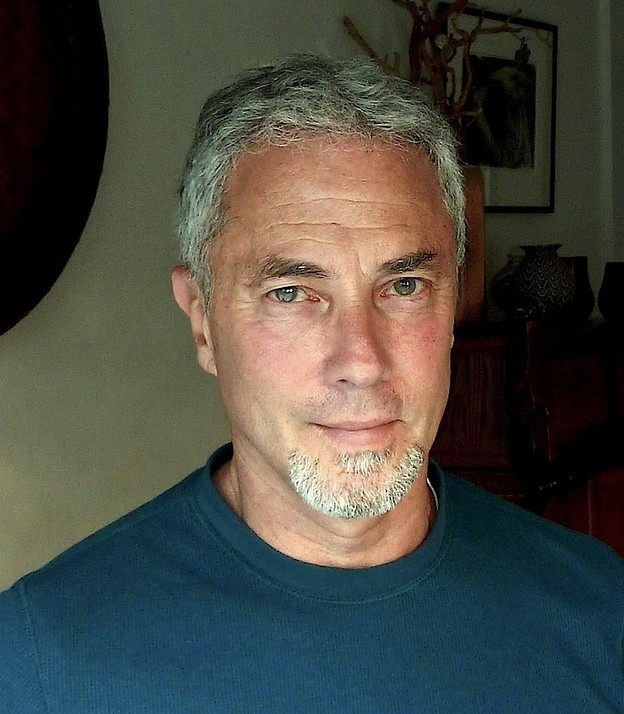'Gathering History, Gathering the Tribe'

In my last post, I shared Aaron Shurin’s recollections of translating Homer, beginning around 1980, with fellow students in the Poetics Program at New College of California. According to Shurin, the group met weekly for over six years. I admire both the dedication and obsessiveness of this process. I also asked Shurin to describe how the epic form informed his own writing.
Of the work of translating the Iliad, Shurin writes:
The loping, cantering, leaping and lengthening hexameters (released from their words) kept me awake at night, and my ear was forever newly attuned to the rise and fall of poetic measure. In hindsight, the tensions of sweeping dramatic arcs crosscut by microcosmic intensities — long shot and close-up, crowd scenes and popping eyeballs — emboldened my interest in narrativity, in collective voice, in panorama and descriptive detail and in the agency of person.
Of the effects of the epic on his own poetic methods, Shurin states, “it was guaranteed that mythopoetics would abide in my work, shamelessly shadowing collage operations, fragmentation, ellipsis, and dancing syntax: no problem!” He nows sees evidence of the epic in his long poems of the 1980s and ’90s:
with their constructed histories and legends, their dynamic landscapes and clairvoyant sorrows, and their interplay of character and silhouette. And at the root, ever-informing, always forming, the sense inside my body — having chanted proudly, having deep-nosed dictionaries, having fallen asleep in alien syntax, and risen to transcriptions, transliterations, and trances — the sense of a poet’s commitment to horizon constructed of single steps: from the engraved shield of bronze to the bright shield of reeling stars, syllable by syllable gathering the work of the tribe, gathering history, gathering the poem.
In these “tribal” origins of Shurin's poetics, as well in the Homeric epic itself, one sees the importance of collective history to the formation of individual subjectivity. The sensuous male eros (at turns delicate, dangerous, and subversive) that is evident throughout Shurin's work might be traced, in part, back to his epic encounters.
---
Aaron Shurin received an M.A. in Poetics from New College of California, where he studied with Robert Duncan. The author of eleven books of poetry and prose, Aaron Shurin is a recipient of California Arts Council Literary Fellowships in poetry (1989, 2002), and fellowships from the NEA and San Francisco Arts Commission in creative nonfiction (1995, 2005). His newest book is Citizen, a collection of prose poems, coming in January from City Lights Books.
Epic worlds